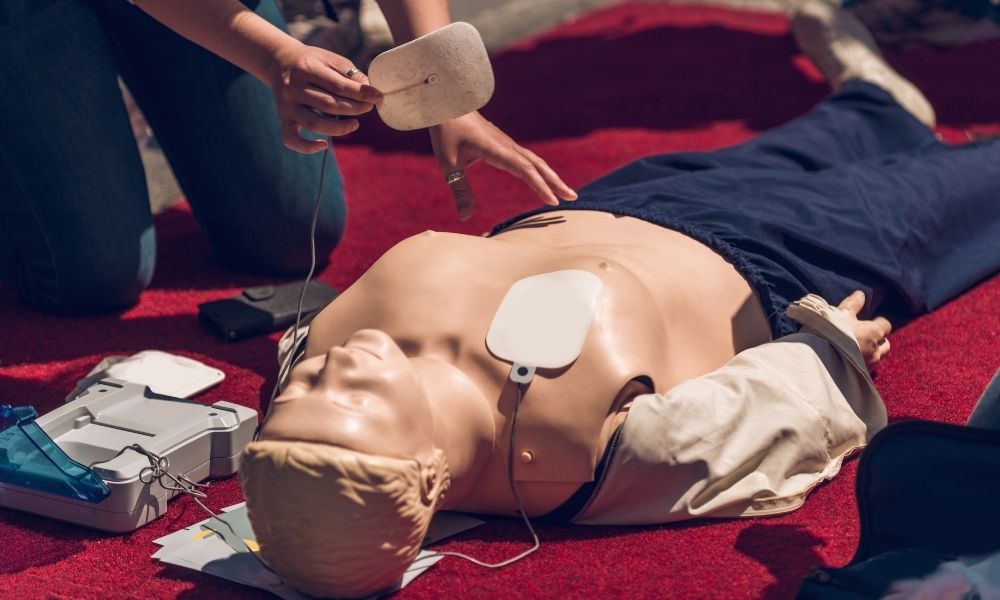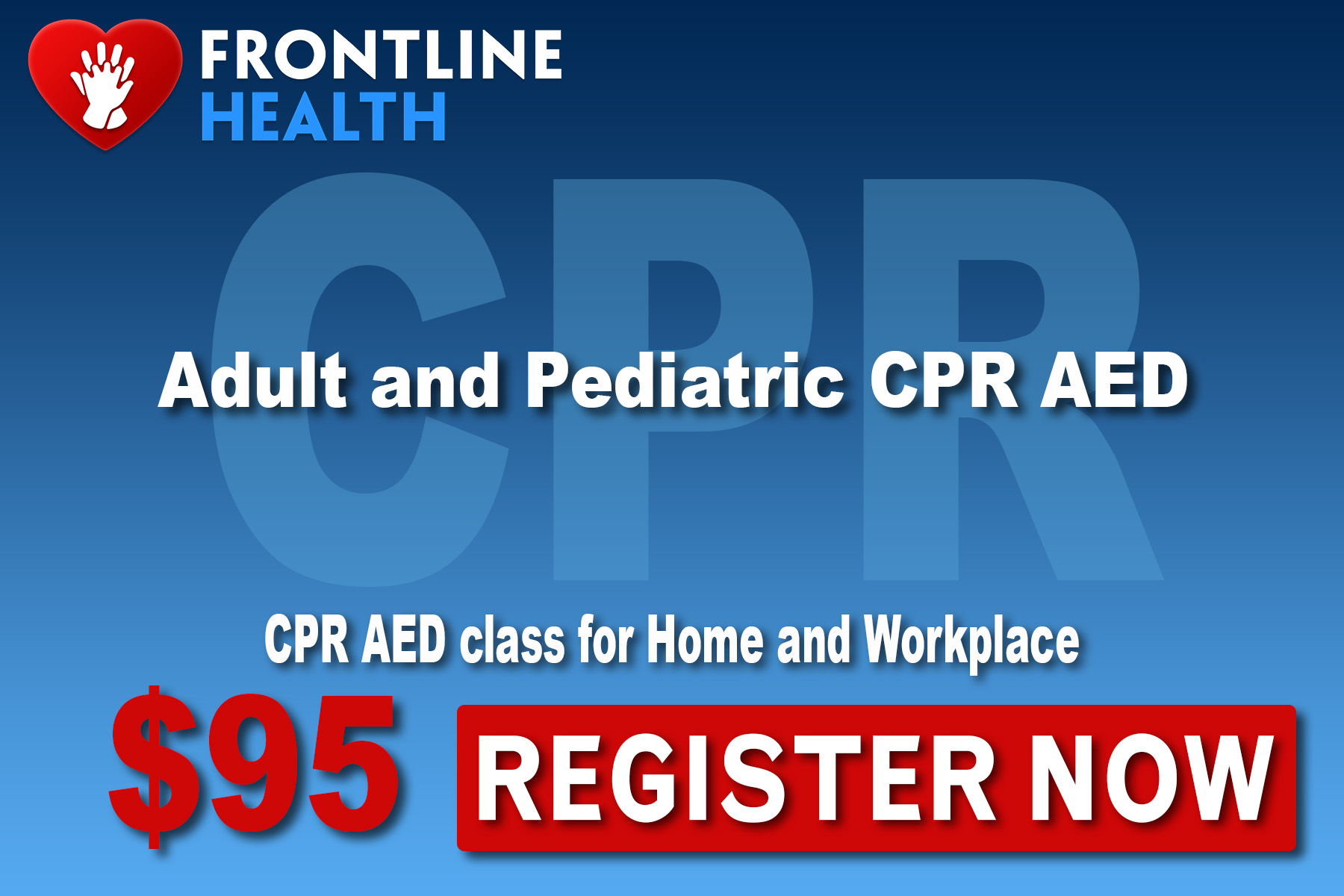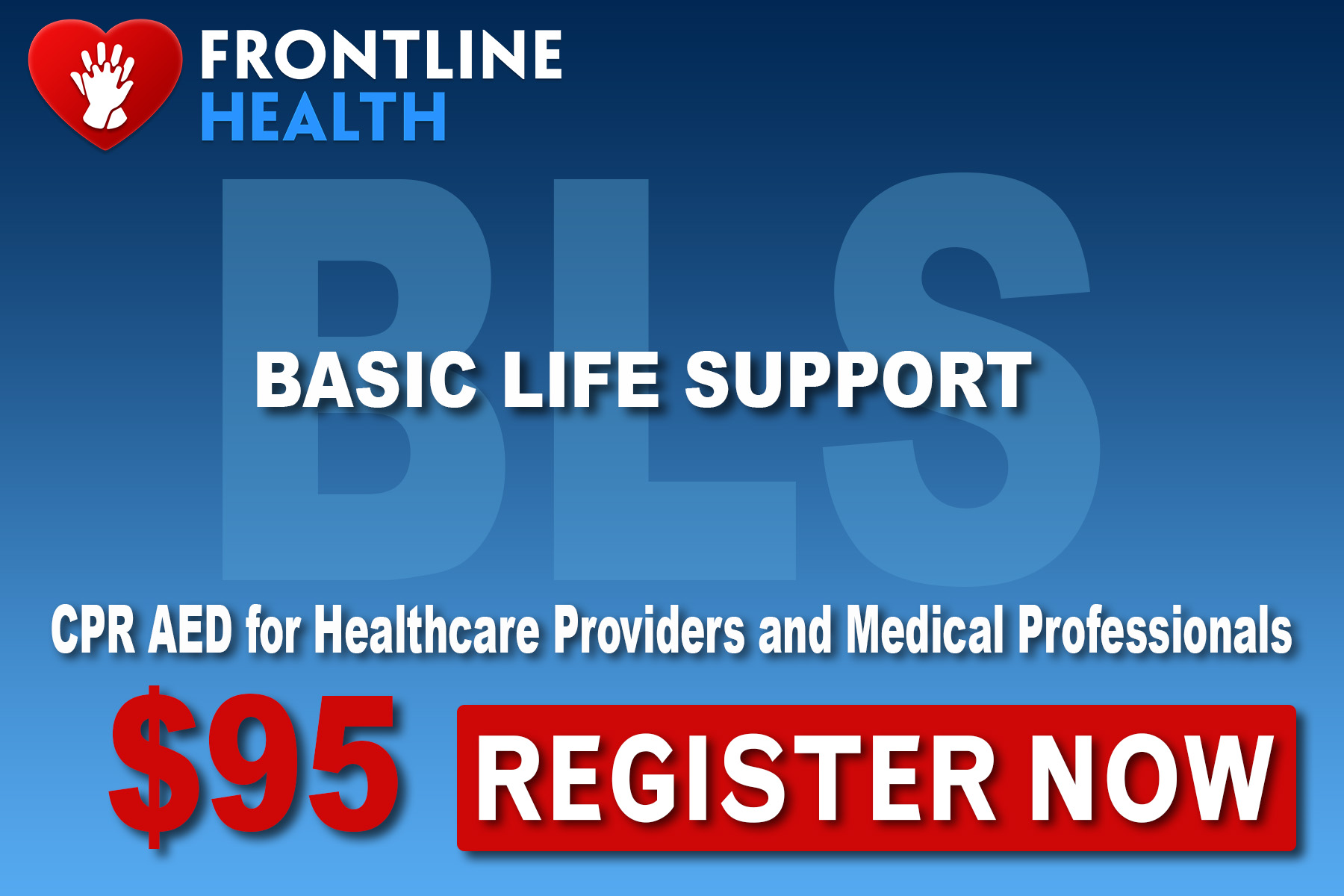What To Expect at Your BLS Certification Course
- Mar 25, 2021
Learning about life-saving techniques is essential, especially if you work as an emergency responder or healthcare provider. Here is what to expect at your BLS certification course.
BLS Basics
Basic life support skills are anything but basic. However, they are the foundation of emergency cardiac care. The basic skills you’ll learn in a BLS provider course include single rescuer CPR, team-based CPR, choking relief, and AED operation for adults, children, and infants—all things you would need to resuscitate unresponsive victims or provide immediate treatment.
Instruction Style
Unlike a college course or high school class, BLS courses are not semester-long endeavors. These classes consist of interactive videos, lectures, and—the most important part—hands-on skills practice within a two to four-hour classroom-based session. Though you will practice the skills with your own hands, it helps to bring a notebook to write down tips and tricks to ensure you are better prepared for the written exam. The instructors are medical professionals or highly trained individuals who will coach you through each step of the lifesaving process.
Class Environment
Before you walk into class, you should know what to expect inside. As with any learning environment, BLS provider classes have the equipment to teach you the basics, from AED training devices to CPR manikins. BLS certification courses require hands-on activity, so prepare yourself to get down on the floor and practice chest compressions and breaths. This means you should wear comfortable clothes that you can easily move around in.
Now that you know what to expect at your BLS certification course, you should consider signing up for one. At Frontline Health, we offer high-quality BLS provider classes if you need American Heart healthcare providers BLS certification in NYC. Our courses are comprehensive and provide an in-depth exploration of the skills and knowledge needed to provide basic life support skills.




